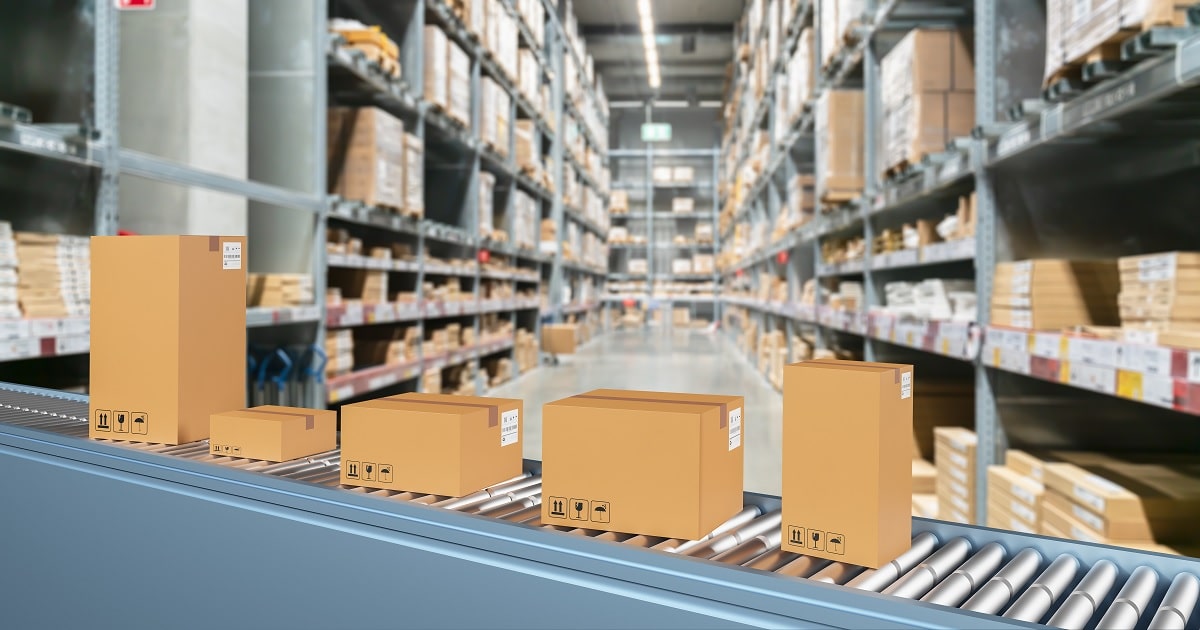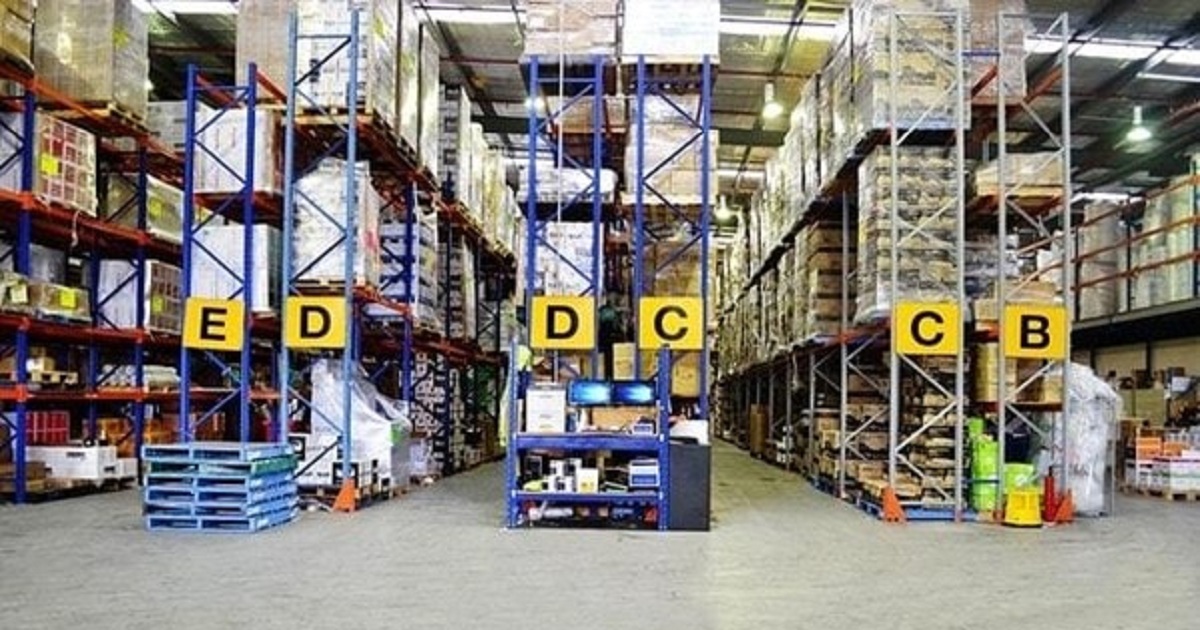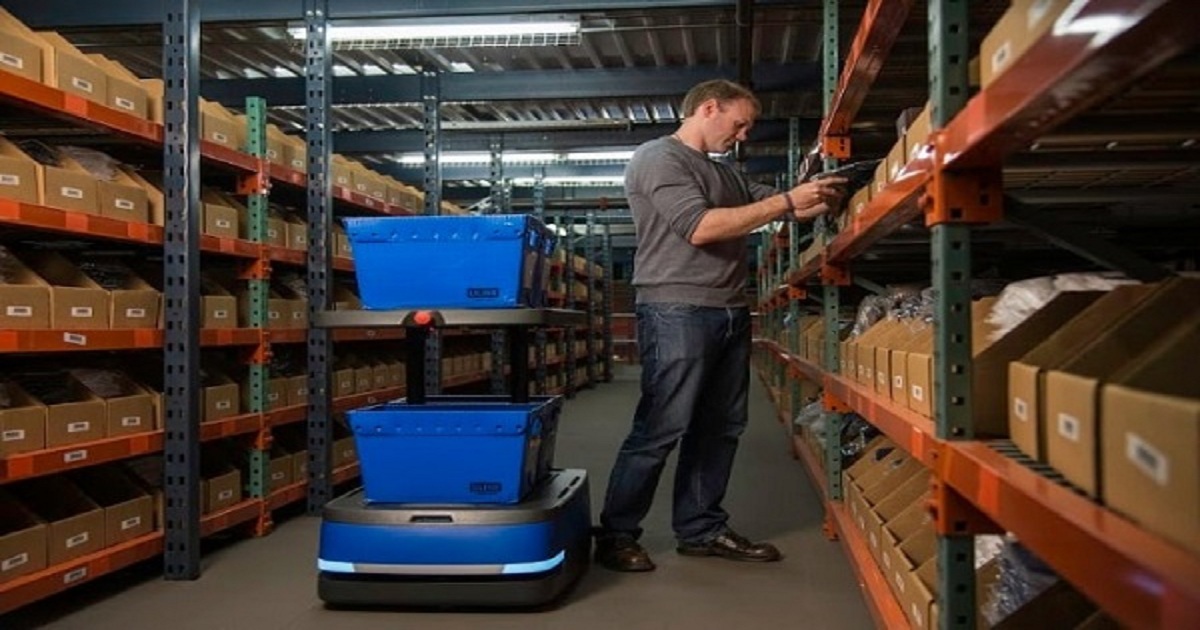
Warehousing and Distribution
Article | July 17, 2023
Carrier management systems have undergone much evolution thanks to the exponential development in shipping and logistics technology. Although its primary mission was to assign, control, and track shippers and carriers, the industry's post-pandemic trends have reflected a variety of new best practices.
Traditionally, many carrier management systems were manually operated and made extensive use of paper processes that didn’t provide perks like real-time data, reporting functionalities, or the visibility to make informed decisions. Today’s carrier management systems comprise these features and go even further. They offer tangible improvements and advantages that impact the bottom line. Here are three things you should look for in a carrier management solution to make sure your digital transformation goes as well as possible.
Support for a Diverse Range of Carriers
To effectively manage your carriers, it’s essential to be able to keep up with technologies used by everything from small to large carriers. The ability to support modern technologies and EDI that are routinely used by larger carriers while also offering online portals and mobile-readiness is integral. A platform that supports a diverse range of carrier sizes helps streamline processes and eliminate friction between operational groups. It also offers all carriers on the system the ability to stay in the loop and access the same data for load and freight boards to keep the freight moving.
Performance Mapping Capabilities
The ability to track performance and keep an eye on crucial metrics is an important consideration for a carrier management system. Real-time data bolsters carrier relationships and equips you with the ability to control and manage factors like load capacity, location of your fuel and fleet, and intimate teams on issues like inventory, sourcing, forecasting, and dispatching in real-time. Not only does this positively impact shippers, but carriers as well. With an overview into their own performance, carriers are empowered to course-correct and respond to sudden hurdles in time. Shippers must be able to get access to the following metrics in order to have the upper hand in rate negotiations with carriers:
On-time performance
Data accuracy
Compliance
Status update timelines
Collaboration-Friendly Platforms
A flexible solution that allows shippers to work collaboratively ensures strategic flexibility. Monitoring the performance across different modes including truckload, intermodal, and LTL as well as parcel consolidators and shippers. Today, carrier management systems and other digital solutions are able to integrate these modes and offer superior capabilities when it comes to receiving updates from all modes in real-time. When combined with cloud-based solutions, carrier management can take efficiency to a whole new level.
To Conclude
The success of your supply chain and company depends on your partnerships with your carriers, which can also have a significant impact on your ROI, particularly as the market continues to transform further towards third party partnerships. In order to foster carrier performance, carrier management should be a significant part of your strategy.
Read More

Management
Article | June 21, 2023
Labor costs, on an average, constitute more than 65% of the expenses for a warehouse. It is a best practice to review the operation of your warehouse before implementing automation, but it also has a significant impact on production and operational efficiency. The processes in a disarrayed warehouse cannot easily be automated as automation heavily relies on warehouse layout optimization, as well as standardized processes and procedures.
Read More

Warehousing and Distribution
Article | July 11, 2023
Unlock operational efficiency and deliver exceptional customer service with a WMS. Learn how cloud-based WMS improves control, enhances customer service, and prepares businesses to develop & succeed.
Contents
1. Importance of Warehouse Management Systems
2. How Warehouse Management Systems Optimize Operations
2.1. Productivity Tracking
2.2. Inventory Control
2.3. Labor Management System
2.4. Slotting
2.5. Batching Logic
3. Essential Warehouse Operations Procedures
3.1. Inbound Logistics Process
3.2. Outbound Logistics Process
5. Conclusion
1. Importance of Warehouse Management Systems
A warehouse management system (WMS) is essential for optimizing warehouse operations and delivering exceptional customer service. There are five compelling reasons to consider implementing a WMS. Firstly, it enhances inventory control and management by reducing inventory levels, improving order fulfillment, and increasing accuracy. Secondly, it improves customer service and tracking through improved picking accuracy and automated shipment organization. Thirdly, a WMS boosts company productivity by adding warehouse efficiency and quality control to the fulfillment process. Fourthly, it provides a significant return on investment by improving sales accuracy, reducing errors, providing safe warehouse and simplifying customer support. Lastly, a good WMS integrates seamlessly with existing business management systems and adapts to evolving needs. Additionally, WMS enables businesses to meet compliance regulations through real-time data recording, enhanced business intelligence, and process automation.
2. How Warehouse Management Systems Optimize Operations
2.1. Productivity Tracking
Warehouse management systems (WMS) are crucial in optimizing operations by providing comprehensive productivity tracking tools. These systems capture and analyze key performance indicators (KPIs) such as order fulfillment rates, picking accuracy, and labor productivity. Organizations can identify bottlenecks, allocate resources effectively, and implement process improvements by tracking these metrics in real-time and generating insightful reports. With WMS productivity tracking, businesses gain a clear understanding of their operational efficiency and can make data-driven decisions to enhance overall performance.
2.2. Inventory Control
Efficient inventory control is essential for logistics warehouse management, and WMS solutions excel in this aspect. WMS provides real-time visibility into inventory levels, locations, and movements. Businesses can accurately track stock levels, monitor expiration dates, and implement automated replenishment warehouse processes. With advanced features like cycle counting and stock level alerts, WMS ensures inventory accuracy and reduces carrying costs. By optimizing inventory control, businesses can avoid stockouts, minimize excess stock, and improve order fulfillment rates, enhancing customer satisfaction.
2.3. Labor Management System
WMS incorporates a robust labor management system that enables businesses to allocate and manage their workforce effectively. These systems provide tools for labor planning, task allocation, and performance tracking. WMS optimizes labor allocation by assigning tasks based on employee skills, availability, and workload. By monitoring labor productivity and efficiency, businesses can identify opportunities for improvement and implement training programs to enhance employee
performance. With WMS labor management capabilities, organizations optimize labor costs, minimize overtime, and improve overall operational efficiency.
2.4. Slotting
Strategic slotting is a critical component of warehouse optimization, and WMS offers advanced slotting capabilities. By analyzing data on product demand, turnover rates, and order frequency, WMS determines the optimal locations for different products within the warehouse. Efficient slotting reduces travel time, minimizes congestion, and streamlines order picking. WMS enables businesses to assign appropriate storage locations based on product size, weight, and velocity. By optimizing slotting strategies, organizations can significantly enhance picking efficiency, reduce errors, and improve overall warehouse productivity.
2.5. Batching Logic
Batching logic is a key feature of WMS that enhances order-picking efficiency. WMS intelligently groups multiple orders with similar product requirements, locations, or delivery routes. By consolidating these orders into batches, the system enables batch picking, where a picker can fulfill multiple orders in a single trip through the warehouse. Batching logic reduces travel time, minimizes labor costs, and increases order picking speed. By maximizing picking efficiency, businesses can improve order fulfillment rates, reduce order cycle time, and meet customer expectations effectively.
3. Essential Warehouse Operations Procedures
A robust distribution center network serves as the backbone of operations, transforming raw materials into finished products and ensuring their timely delivery to customers. To gain a comprehensive view of logistics network and improve supply chain visibility, it's crucial to understand the distinction between inbound and outbound logistics.
3.1. Inbound Logistics Process
Inbound logistics encompasses the services required to bring materials and goods into businesses. This includes transportation, storage, and delivery processes. With the help of warehouse management systems (WMS), purchasing can be streamlined by synchronizing vendor details and inventory control levels. WMS allows efficient receipt scanning and guides warehouse staff to shelve items accurately. It also recommends optimal put-away, slotting, and storage space utilization techniques. Additionally, WMS facilitates reverse logistics by providing real-time information on product availability, enabling timely restocking and preventing stockouts.
3.2. Outbound Logistics Process
Outbound logistics focuses on the storage, transportation, and delivery systems that ensures finished products reach their final destination. WMS plays a vital role in this process as well. It enables accurate order picking through barcode or RFID scanners, reducing errors and ensuring the right products are chosen. Warehouse management processes integrated with WMS can automate product packaging, allowing for differentiation across sizes and optimizing packaging channels. Moreover, WMS simplifies printing shipping labels, price tags, logos, and other necessary documentation, eliminating manual data input and reducing human errors. WMS enhances the overall customer experience and minimizes fulfillment errors by ensuring timely delivery and notifying customers.
4. Implementing Cloud Warehouse Management Systems to improve productivity
Using a cloud-based warehouse management system offers several advantages for businesses looking to optimize their inventory control and streamline operations in complex distribution environments. Cloud supply chain management solutions provide benefits like multi-warehouse tracking, sales forecasting, and on-time delivery. Here are three key benefits of implementing a cloud WMS:
Increased control over business growth: Cloud-based WMS provides real-time visibility into inventory, allowing businesses to manage operations and make informed decisions efficiently. With automatic updates and centralized access, stakeholders can access relevant information anytime, enabling better control over business growth and flexibility to adapt to changing market demands.
Improved customer service: A cloud WMS empowers teams to track shipments, update arrival dates, and effectively manage the supply chain. It enables seamless communication and collaboration across the organization, ensuring timely deliveries and enhancing customer satisfaction. Efficiently conveying information leads to better customer service and a competitive edge.
Preparedness for upcoming changes: Cloud WMS offers an affordable and scalable warehousing solution. With cloud computing, businesses can easily adjust resources to meet fluctuating demands and seasonal changes. The ‘self-service’ access to WMS applications in the cloud allows for increased agility and quick adaptation to evolving business needs. Unlike traditional self-hosted systems, cloud WMS eliminates the need for upfront hardware investments and provides seamless scalability.
5. Conclusion
In the rapidly evolving business landscape, a warehouse management system (WMS) holds immense importance for organizations aiming to optimize their operations. As we look to the future, the role of WMS becomes even more crucial. With advancements in technology and the advent of new platforms, a cloud-based WMS offers unparalleled integration possibilities. By harnessing the power of cloud supply chain planning systems, businesses can gain better control over their inventory and navigate the complexities of modern distribution environments. The benefits are significant: increased control over business growth, improved customer service through real-time tracking, and preparedness for upcoming changes. By embracing cloud, WMS empowers businesses to stay agile, enhance productivity, and drive sustainable success in the dynamic business landscape of the future.
Read More

Article | October 16, 2020
Order picking is the most resource-intensive operation of a warehouse or fulfillment center. More than 55% of the operating cost for a warehouse is related to order picking, and fulfillment centers, the number stands at 50%. It is the process that can bring in the most cost savings with an effective, streamlined and efficient order picking system. One of the most important components of your order picking system is the warehouse order picking cart. Order picking carts are used to move inventory from the warehouse shelves to sorting or packing stations. They make it easier for warehouse associates to carry multiple items at a time or to carry large, unwieldy items. When it is possible to carry multiple items on a trip, it drastically reduces the distance traveled by associates on foot. It also helps to reduce physical fatigue and improves efficiency dramatically.
Read More